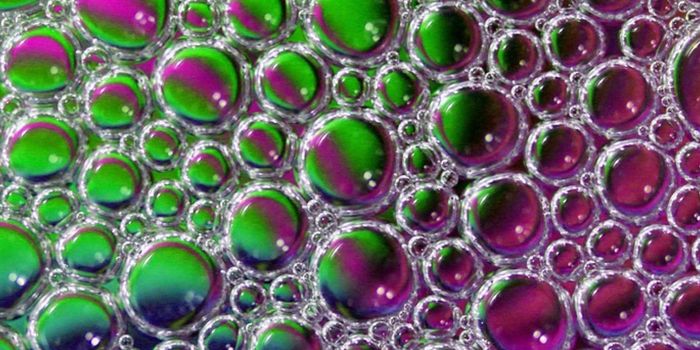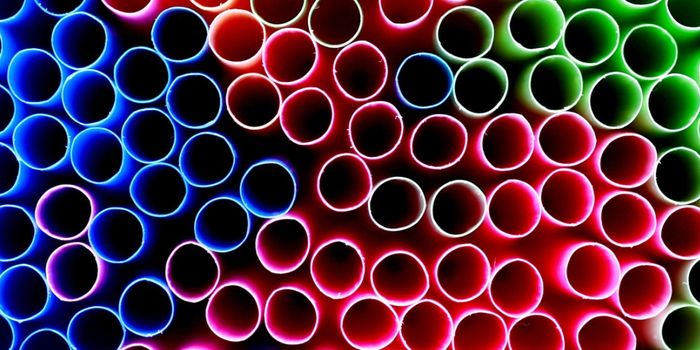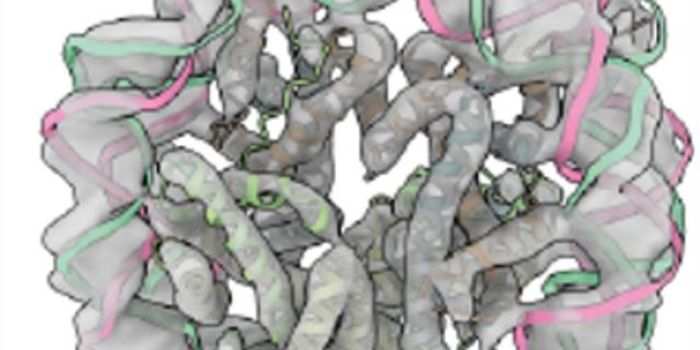Reduced Calorie Consumption Slows Aging, is Ribosome why?
It may not surprise you to hear that eating fewer calories has been associated with a slower aging process in many different animals, from yeast to worms to mice, as mentioned in the following video. New work has provided a little insight into how this could be working. Investigators learned that when the cellular machinery that makes proteins, the ribosome, slows down, it has more time to tend to its own needs and can make necessary repairs with the extra down time. In mice, a reduction in calorie consumption was enough to effectively slow the ribosomes. which This data was published in Molecular & Cellular Proteomics.
"The ribosome is a very complex machine, sort of like your car, and it periodically needs maintenance to replace the parts that wear out the fastest," explained the senior author of the new work, John Price, a Biochemistry Professor at Brigham Young University. "When tires wear out, you don't throw the whole car away and buy new ones. It's cheaper to replace the tires."
For their study, the researchers looked at two different groups of mice, one group was given unlimited access to food, while the caloric intake of the other group was reduced by 35 percent, while ensuring proper nutrition for health in the mice. The researchers confirmed the extension in lifespan.
"When you restrict calorie consumption, there's almost a linear increase in lifespan," revealed Price. "We inferred that the restriction caused real biochemical changes that slowed down the rate of aging."
The scientists have found something novel beyond their replication of previous data; they have demonstrated that protein manufacture slows down, and the ribosome is potentially playing an important role in the lifespan extension associated with reduced calorie intake.
"The calorie-restricted mice are more energetic and suffered fewer diseases," Price said. "And it's not just that they're living longer, but because they're better at maintaining their bodies, they're younger for longer as well."
Proteins are the building blocks of a cell, as such the ribosome is central to proper cell function, using 10 to 20 percent of all the available energy for protein synthesis. It doesn't make sense for a cell to take a ribosome out of commission if it ceases to function properly; the cell instead will make minor fixes on different components of the ribosome when needed, to ensure quality protein production and by extension, cell health.
While these links are being established, Price cautions that eating less won't keep us young forever. There is very limited knowledge about this process in humans, and it's more important to maintain good nutrition.
"Food isn't just material to be burned -- it's a signal that tells our body and cells how to respond. We're getting down to the mechanisms of aging, which may help us make more educated decisions about what we eat," concluded Price.
There are a variety of theories behind why reduced caloric intake (with proper nutrition) can lengthen lifespan. This video gives you a brief look at some of the other proposed mechanisms, or check out the video above for a short discussion on caloric restriction and aging.
Sources: AAAS/Eurekalert! via BYU, Molecular & Cellular Proteomics








